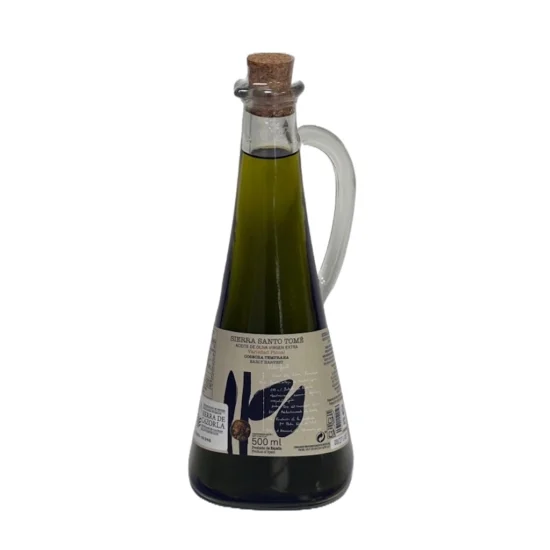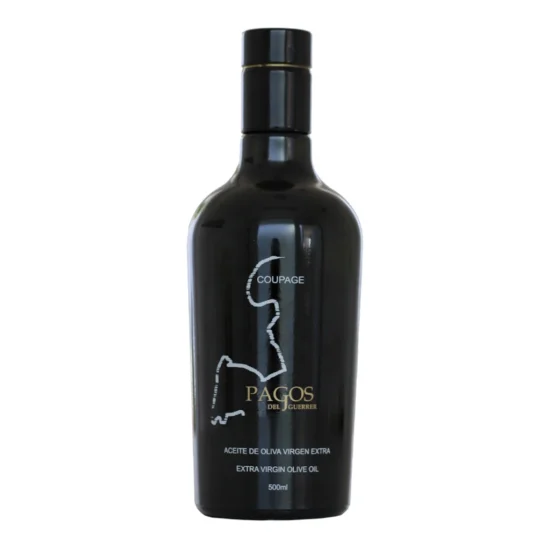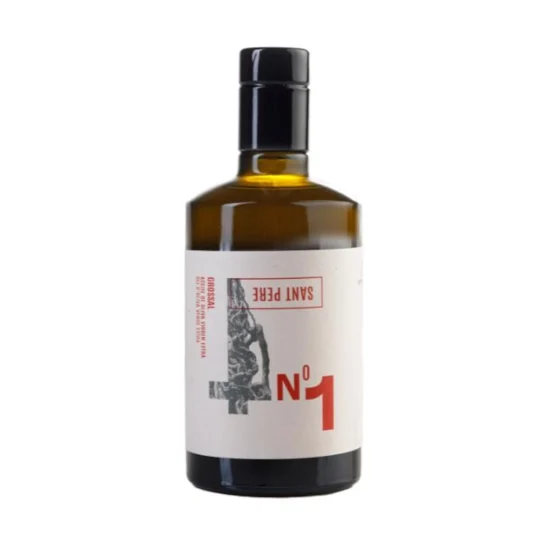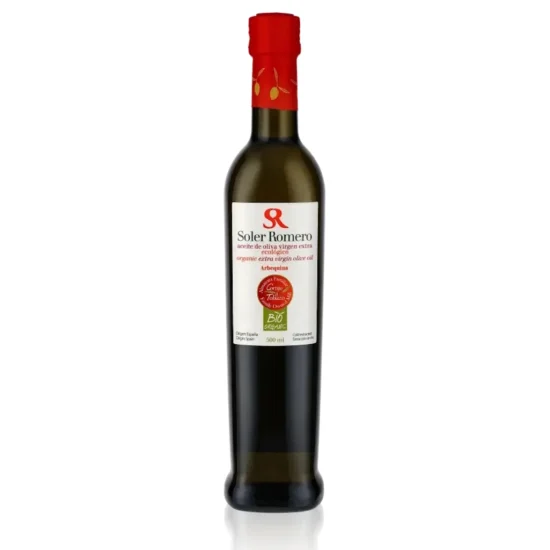
In a recent study published in Nutrients, researchers conducted a systematic review to consolidate recent evidence on the preventative benefits of extra virgin olive oil (EVOO) on disease risk factors.
Mediterranean diets are plant-based diets enriched with vegetables, fruits, nuts, legumes, whole grains, and moderate portions of fermented dairy and fish, and are critical for the prevention of chronic diseases.
EVOO, a common ingredient in the Mediterranean diet, has been linked to a lower risk of several chronic diseases, including cardiovascular disease, type 2 diabetes, stroke, metabolic syndrome, impaired cognitive function, and colorectal and breast tumors.
Intake of EVOO may reduce the risk of obesity, improving overall mortality. However, there is limited research on the specific daily amount of EVOO’s ability to improve chronic disease risk factors. In dietary recommendations, little emphasis is placed on distinguishing healthy fats like EVOO from other fats and oils.
In the present systematic review, researchers compared the effects of EVOO-containing meals on clinically significant metabolic and cardiovascular risk factors for cardiovascular disease, type 2 diabetes, metabolic syndrome, and insulin resistance with those of EVOO-free diets.
For the period from January 2000 to December 2022, a systematic data search was conducted using the Cochrane Library, Embase, and PubMed databases. The team then conducted a narrative data synthesis.
The researchers only included randomized controlled trials (RCTs) with human participants that were published in peer-reviewed scientific journals in English and compared the cardiometabolic impacts of EVOO consumption with diets without EVOO.
The team excluded in vitro or animal studies, non-randomized studies, studies using only postprandial blood glucose measurements, tests of phenolic compounds in olive oil alone, evaluation of the effects of olive oil added to pills, olive oil with added components, use of live oil other than extra virgin olive oil, use of olive pomace or refined olive oil alone, abstracts and presentations, and papers showing a possible change in medications that may affect any of the factors under investigation.
Studies evaluating “virgin olive oil” with specified phenolic content were also considered. The reference lists of articles identified through the searches were also reviewed to include additional relevant publications. The Academy of Nutrition and Dietetics Quality Criteria Checklist (ANDQCC) was used to assess the quality of the included RCTs.
In total, 34 of the 281 retrieved articles met the eligibility criteria and were considered for the final analysis, all of which were rated as “positive” according to the ANDQCC assessment. Several references were included, including subgroup analyses from the Prevention with Med Diet (PREDIMED) trial. EVOO outperformed alternative dietary fats and low-fat diets (LF) in managing clinical indicators such as low-density lipoprotein cholesterol (LDL-c) and blood pressure (BP), elevating protective high-density lipoprotein cholesterol (HDL-c) and improving glucose as well as weight control. The polyphenol content of EVOO, rather than the amount of monounsaturated fats, is likely responsible for its beneficial effects. Compared with sunflower oil, EVOO lowered systolic BP (SBP) in hypertensive patients and healthy individuals. Certain phenols may be critical for blood pressure reduction. One study reported a reduction in SBP with 161.0 mg/kg of phenol among hypertensive patients, while two studies showed no such effects with >300.0 mg/kg of phenol. EVOO can lower low-density lipoprotein cholesterol for baseline levels above 120.0 mg/dL and raise HDL-C levels in the case of higher phenolic content, and diets containing daily EVOO were successful in weight loss despite higher calorie intake than theLF diets. Furthermore, EVOO with ≥150.0 mg/kg of phenol may reduce LDL oxidation. EVOO can reduce LDL-C levels from baseline values above 120.0 mg/dL and elevate HDL-C levels with increased phenolic content, and dietary regimens containing daily extra virgin olive oil can effectively decrease body weight despite a higher caloric intake than LF meals. Furthermore, EVOO with ≥150.0 mg/kg of phenol may reduce LDL oxidation.
Few trials have included patients with high baseline fasting blood glucose (FBG) or type 2 diabetes mellitus; therefore, the impact of extra virgin olive oil on FBG relative to other dietary regimens is unclear. Daily EVOO, on the other hand, may improve insulin sensitivity as assessed by the Homeostasis Model Assessment for Insulin Resistance (HOMA-IR) compared to LF diets.
The shortest period to improved health and the lowest daily amount of EVOO needed to improve blood pressure, HDL-C, and LDL-C were 21 days and 25.0 ml (almost two tablespoons) daily, respectively, with LDL-C and diastolic BP (DBP) potentially requiring >300.0 mg of phenol per kg for maximum benefits. EVOO’s ability to improve diagnostic biomarkers for congenital heart disease—BP, HDL-C, and LDL-C—may be related to its ability to reduce the risk of coronary heart disease.
While diets enriched with vegetable seed oils may reduce LDL more effectively than EVOO, a daily diet rich in EVOO will create healthier LDL, as its particles will grow larger and be less likely to oxidize. Furthermore, extra virgin olive oil has been shown to reduce apoprotein B-100, which implies fewer low-density lipoprotein particles. EVOO’s ability to reduce the risks of type 2 diabetes and metabolic syndrome is related to its impact on HOMA-IR, insulin, and FBG, which are reported to improve after EVOO intake compared to diets containing oils rich in polyunsaturated fats (sunflower oil) or LF diets.
Overall, the findings showed that incorporating EVOO into Mediterranean diet patterns can significantly reduce the risk of chronic diseases. Regular consumption of EVOO, starting with two tablespoons daily, can improve several risk factors in as little as three weeks. Furthermore, EVOO is a superior choice for reducing the risk of chronic diseases in diets than other dietary fats or refined olive oil.
Cooking vegetables in Mediterranean countries with EVOO increases the absorption of fat-soluble carotenoids and enhances vegetable consumption. Future research should focus on EVOOs with known phenol content, non-European participants with unhealthy risk factors, and larger sample sizes.
Important Note: aceitedelcampo.com promotes the consumption of extra virgin olive oil for its culinary qualities and health benefits. However, no medication or current treatment should be replaced without the guidance of a healthcare professional.




Subscribe and receive a coupon by email for your next purchase.